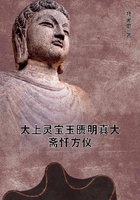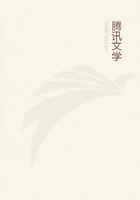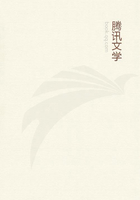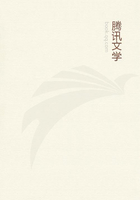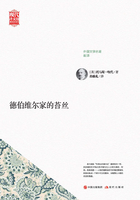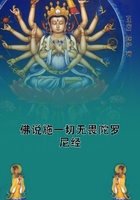By this mere abstinence from doing what they have never promised nor in any way bound themselves to do, they could extort the consent of the rich to any modification of proprietary rights which they might consider to be for their advantage. They might bind the rich to take the whole burden of taxation upon themselves. They might bind them to give employment, at liberal wages, to a number of labourers in a direct ratio to the amount of their incomes. They might enforce on them a total abolition of inheritance and bequest. All this would be a very wrong use of their power of withholding protection; but only because the conditions imposed would be injurious, instead of beneficial, to the public weal. Nor do I see what arguments, except utilitarian ones, are open to the author for condemning them. Even the manifest obligation of making the changes with the least possible detriment to the interests and feelings of the existing generation of proprietors, it would be extremely difficult to deduce from the author's premises, without calling in other maxims of justice than his theory recognises.
It is almost needless for me to repeat that these things are said, not with a view to draw any practical conclusions respecting the rights of labour, but to show that no practical conclusions of any kind can be drawn from such premises; and because I think, with Mr. Thornton, that when we are attempting to determine a question of social ethics, we should make sure of our ethical foundation. On the questions between employers and labourers, or on any other social questions, we can neither hope to find, nor do we need, any better criterion than the interest, immediate and ultimate, of the human race. "But the authors treatment of the subject will have a useful effect if it leads any of those friends of democracy and equality, who disdain the prosaic consideration of consequences, and demand something more high-flown as the ground on which to rest the rights of the human race, to perceive how easy it is to frame a theory of justice that shah positively deny the rights considered by them as so transcendent, and which yet shah make as fair a claim as theirs to an intuitive character, and shall command by its a priori evidence the full conviction of as enlightened a thinker, and as warm a supporter of the principal claims of the labouring classes, as the author of the work before us.
The author's polemic against the doctrines commonly preached by the metaphysical theorists of the Cause of Labour, is not without other points of usefulness. Not only are those theorists entirely at sea on the notion of right, when they suppose that labour has, or can have, a fight to anything, by any rule but the permanent interest of the human race; but they also have confused and erroneous notions of matters of fact, of which Mr. Thornton points out the fallacy. For example, the working classes, or rather their champions, often look upon the whole wealth of the country as the produce of their labour, and imply, or even assert, that if everybody had his due the whole of it would belong to them. Apart from all question as to right, this doctrine rests on a misconception of fact. The wealth of the country is not wholly the produce of present labour. It is the joint product of present labour and of the labour of former years and generations, the fruits of which, having been preserved by the abstinence of those who had the power of consuming them, are now available for the support or aid of present labour which, but for that abstinence, could not have produced subsistence for a hundredth part the number of the present labourers. No merit is claimed for this abstinence; those to whose persevering frugality the labouring classes owe this enormous benefit, for the most part thought only of benefiting themselves and their descendants. But neither is there any merit in labouring, when a man has no other means of keeping alive. It is not a question of merit, but of the common interest. Capital is as indispensable to labour as labour to capital. It is true the labourers need only capital, not capitalists; it would be better for them if they had capital of their own. But while they have not, it is a great benefit to them that others have. Those who have capital did not take it from them, and do not prevent them from acquiring it. And, however badly off they may be under the conditions which they are able to make with capitalists, they would be still worse off if the earth were freely delivered over to them without capital, and their existing numbers had to be supported upon what they could in this way make it produce.
On the other hand, there is on the opposite side of the question a kind of goody morality, amounting to a cant, against which the author protests, and which it is imperative to clear our minds of. There are people who think it right to be always repeating, that the interest of labourers and employers (and, they add, of landlords and farmers, the upper classes and the lower, governments and subjects, etc.) is one and the same. It is not to be wondered at that this sort of thing should be irritating to those to whom it is intended as a warning. How is it possible that the buyer and the seller of a commodity should have exactly the same interest as to its price? It is the interest of both that there should be commodities to sell; and it is, in a certain general way, the interest both of labourers and employers that business should prosper, and that the returns to labour and capital should be large. But to say that they have the same interest as to the division, is to say that it is the same thing to a person's interest whether a sum of money belongs to him or to somebody else. The employer, we are gravely told, will expend in wages what he saves in wages; he will add it to his capital, which is a fine thing for the labouting classes.
Suppose him to do so, what does the labourer gain by the increase of capital, if his wages must be kept from rising to admit of its taking place?

